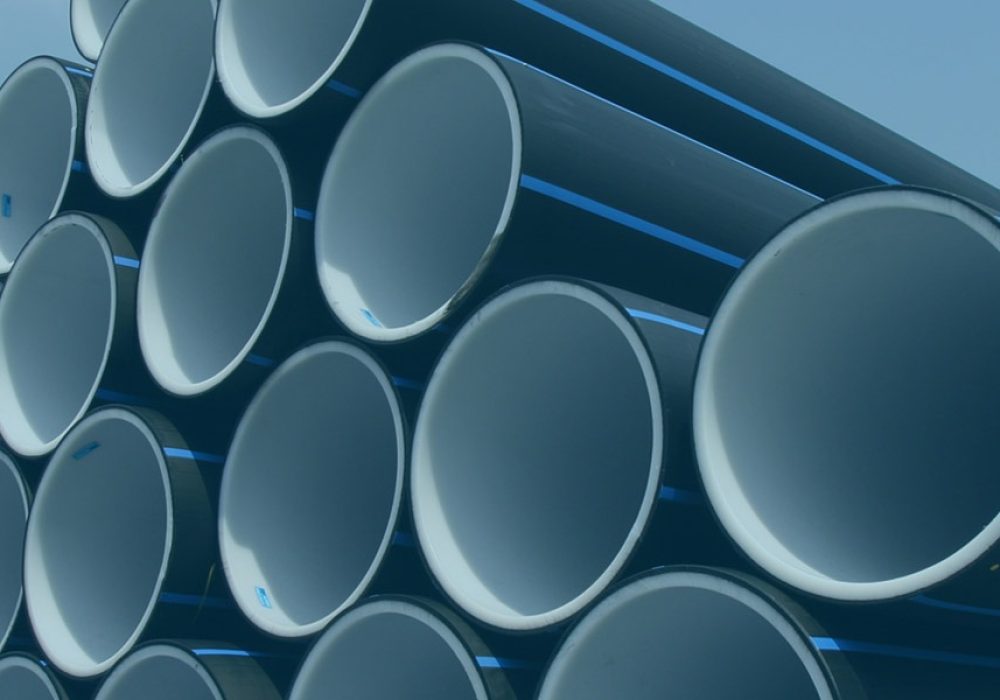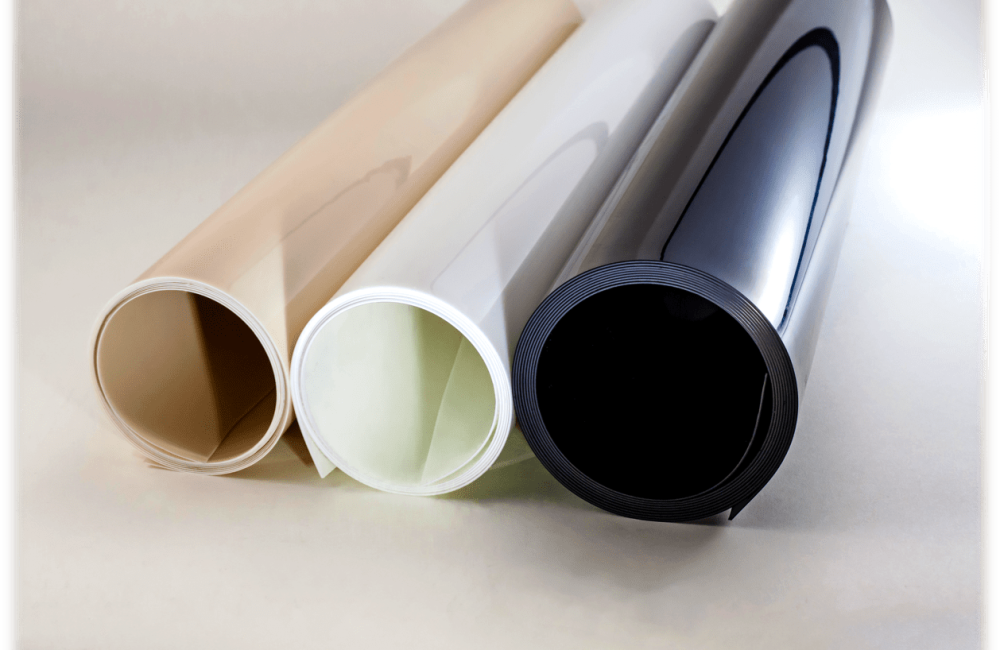Calcium Carbonate (Calcite) Powder

01.
Calcium Carbonate Powder for Paint Industry And Coating
When a filler is used in an adhesive formulation, it is typically meant to take up space. But the space it occupies has a crucial function, making it a role player and a key component to your products success. A number of functional fillers are available for various applications, including Calcium Carbonate powder for paint industry and others. Calcium Carbonate is available in particle sizes ranging from D50 3.0 Microns to large white decorative chips. Calcium Carbonate is a relatively soft, insoluble mineral that is widely used to reduce cost and to control shrinkage in adhesive formulations.
We provide Calcium Carbonate Powder in the widest variety of particle-size distributions. In high-end formulations, Our Calcium Carbonate helps the product maintain its viscosity, physical strength and properties. In commodity formulations, it can replace other more-expensive ingredients, improve gap-filling properties and modify viscosity.
02.
Calcium Carbonate For Paper & Printing
A bright white Calcium Carbonate added to paper pulp as a filler in alkaline papers or applied as a coating pigment. It is used in alkaline papermaking, which is receiving increased interest due to the longer longevity of alkaline papers. Calcium Carbonate is the most abundant mineral on earth that is not silicon-based. Calcium Carbonate is also used as a white pigment in many printing inks. It can be coated to impart greater gloss to the ink surface. It is low in cost and is commonly used as an extender in place of the more expensive Titanium Dioxide.Calcium Carbonate is used in a paper mill as a filler material in the alkaline papermaking process.

Nowadays Calcium Carbonate is dominant over other papermaking filler materials. The main reason behind the preference of Calcium Carbonate is the demand for brighter and bulkier paper. There are significant benefits to the use of Calcium Carbonate as a filler material in the alkaline papermaking process. Nowadays Calcium Carbonate is dominant over other papermaking filler materials. The main reason behind the preference of Calcium Carbonate is the demand for brighter and bulkier paper. Generally, the particle shape of Ground Calcium Carbonate is a rhombohedral. This filler material is used in the alkaline wood free papermaking process. The brightness of GCC is 86-95%.

03.
Calcium Carbonate For Pipes & PVC Product
Calcium carbonate improves the base properties of polyvinyl chloride by adding stiffness to the polymer matrix and improving impact resistance as particle sizes become smaller. Calcium carbonate also improves compounding performance by helping disperse various ingredients into the PVC powder blend and improves processing by making polymer flow more homogenous. The relationship between a calcium carbonates particle size and the impact strength of the finished rigid PVC part also applies to an extruded pipe and injection-molded fittings. The object is to produce an acceptable part at the lowest possible cost.
This is achieved by minimizing the level of ingredients that add cost to the PVC formulation, such as impact modifier. The ideal is to eliminate the use of impact modifier. This can be achieved in larger diameter pipes using a formulation containing a 2-3 micron Calcium Carbonate. The impact specification is usually more difficult to meet in a small diameter pipe, thus a finer calcium carbonate must be used usually in the range of 1-2 microns. The size of the filler used can have a dramatic effect on the impact strength of a PVC compound. We provide very wide range of coated calcium carbonate and uncoated calcium carbonate which suits all PVC pipes and compounding applications.
04.
Calcium Carbonate For Cables
Cables are manufactured from solid materials or stranded copper core. Previously fire-resistant cable shell are made from PVC plastic, it is flammable, while fire, it creates smoke and waste large amounts of toxic gases, endanger human life. Using Calcium Carbonate is GREAT SOLUTION for this problem! – Calcium carbonate is nontoxic, odorless and tasteless, it does not affect the environment.

The thermal decomposition temperature of calcium carbonate is above 800 , and general plastic are flammable, and its ignition temperature of about 400 , so the initial combustion stage, the hope of calcium carbonate decomposition in carbon dioxide is not possible ACMA Calcium carbonate for cables is a cost effective filler, reducing product cost effectiveness.

05.
Calcium Carbonate For Film
Calcium Carbonate is currently used to enhance mechanical properties and improve productivity in a wide variety of film applications. Our Calcium carbonate can boost the output of processing lines while achieving improved impact strength and higher stiffness. The major benefits of Calcium Carbonate in film include:
- Enhance performance properties of the compound
- Increased Specific Output.
- Faster heating and cooling.
- Higher Production line speed.
- Enhanced Machine uptime.
- Lower Raw Material costs.
- Higher Stiffness and High Dispersion.
- Lower film density and Higher Opacity.
06.
Calcium Carbonate For Non-woven Fabrics
Calcium Carbonates provide application-specific performance enhancement, such as increased softness, opacity, strength, and filtration efficiency to Nonwovens & Fiber. latest development in nonwoven and mineral technology and has been specifically engineered to substantially reduce the amount of resin used in nonwoven production. Here are some ACMA calcium carbonate application Specific Benefits, Nonwoven manufacturers experience: Lower bonding temperatures Better opacity and delusterization Increased softness Better filtration performance High air permeability Lower costs Nonwoven users experience: Better printability Increased strength Easier dust removal and good water repellency Better filtration performance.


07.
Calcium Carbonate For Adhesives
When a filler is used in an adhesive formulation, it is typically meant to take up space. But the space it occupies has a crucial function, making it a role player and a key component to your products success. A number of functional fillers are available for various applications, including calcium carbonate and others. Calcium carbonate is available in particle sizes ranging from less than 1.0 micrometer to large white decorative chips. Calcium carbonate is a relatively soft, insoluble mineral that is widely used to reduce cost and to control shrinkage in adhesive formulations.
Calcium Carbonate is available in the widest variety of particle-size distributions of any mineral, and an optimum form for an adhesive and sealant application can easily be found. In high-end formulations, Calcium Carbonate helps the product maintain its viscosity, physical strength and properties, says Baker. In commodity formulations, it can replace other more-expensive ingredients, improve gap-filling properties and modify viscosity. The ACMA calcium carbonate products offers a variety of particle-size distributions, resulting in options to meet almost every adhesive and sealant application. For Adhesives, Calcium Carbonate provide the best performance solution and most cost effective manufacturing formula.
08.
Calcium Carbonate For Rubber
Ground calcium carbonate is used in a wide variety of rubber applications as both an extender and detackifier agent. In other calcium carbonate rubber applications, it can add stiffness or provide abrasion resistance. Calcium Carbonate is used in rubber industry as a reinforcing filler to improve strength as well as whiteness. It imparts stiffness to non cured rubber products.
APPLICATIONS :
- Shoes & Slipper sole.
- Tyre Tube Straps.
- Floor Tiles, Mats, Conveyor, Belts Hoses & Tubes
- R.P. granules etc.


09.
Calcium Carbonate For Glass & Calcium
Limestone is an important component in glassmaking and is used as a stabilizer which improves the mechanical properties and physical appearance of the glass. Glass industry required high limestone. Iron and other colouring matter like carbon are regarded as objectionable. ACMA Limestone is ideal for the glass industry as it has a high purity with very low levels of undesirables and contaminants that would be detrimental to the glass making process. It has a very low Iron content with high Calcium content and with the added advantage of consistent Magnesium content typically.
The Limestone that is produced can have both economic and environmental benefits to the glass producer. We currently produces high quality limestone for the manufacture of container glassware. ACMA Calcium Carbonate limestone powder is resulting perfect results in all glass applications, starting from commercial glass, recycling, container etc.
10.
Calcium Carbonate Minerals For Oil & Gas Drilling
Calcium Carbonate is used as a Bridging and a weighing agent used in drilling. It is used to increase mud density and is preferred to Barite as it is acid Soluble. It is grinded in three sizes Coarse, Medium and Fine and is essentially a bridging and a weighing agent for controlling fluid loss and Density. It can be used in both oil based and water based Fluid Systems. Calcium Carbonate is used essentially for bridging and seepage control.

It is Inert and relatively insoluble. Available in Grades: Coarse, Medium and Fine so the most suitable size can be used as per application. We also provide wide range of Calcium Carbonate of different size for water treatment.

11.
Calcium Carbonate For Sheet
Calcium Carbonate is one of the most widely used mineral fillers in the plastics industry, and its use in rigid packaging has increased significantly over the years. Once thought of simply as a resin extender, the addition of calcium carbonate in plastics has been shown to contribute to increased performance, improved processing, and improved sustainability of the finished part. The addition of Calcium Carbonate Powder to Polypropylene Sheet ranging from 18% to 40% loading improves the performance of Plastic and studies have shown that the addition of Calcium Carbonate Powder increases several key properties like:
- Improvement in heat deflection temperature, impact strength, stiffness, barrier properties and print quality.
- Helps in streamlining thermoforming applications by allowing the plastic to heat up and cool down faster.
- Calcium Carbonate as a plastic additive is 100% FDA approved allowing it use in crucial application in Food packaging and Medical Packaging markets.
- Integrating Price Stable Calcium Carbonate powder with the volatile Resin can protect Consumers against unpredictable price fluctuations.
12.
Calcium Carbonate For Ceramics
Calcium carbonate is another main component in the production of Ceramics. Calcium carbonate is an economical source of calcium oxide, which is needed as a melting agent at high temperatures, improves the mechanical and chemical strength of the glass body and reduces shrinkage from firing. Calcium Carbonate is the main source of calcium in glazes and also a flux at high temperatures. Contributes hardness and durability and in large quantities produces a matt effect. It can enhance the finish of salt glaze ware by developing a thicker finish.

We provide wide range of calcium carbonate powder for Ceramic Industry. Produces a matt effect. It can enhance the finish of salt glaze ware by developing a thicker finish. We provide wide range of calcium carbonate powder for Ceramic Industry.
